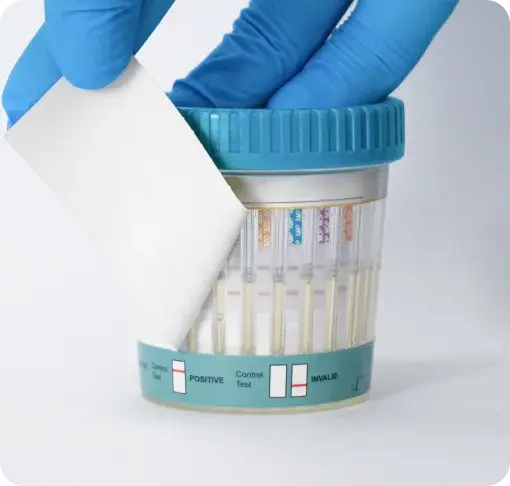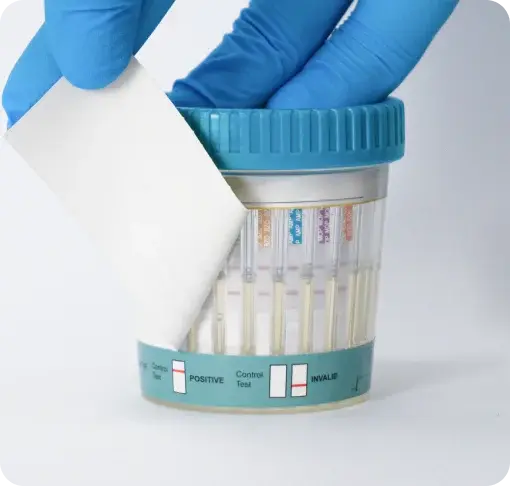Exploring How Long Alcohol Stays in Your System
Alcohol consumption can have various social, legal, and health implications. Understanding how long alcohol remains detectable in your system is crucial for making informed decisions. This blog delves into the specifics of how long you can test positive for alcohol using breath and urine tests after a heavy night of drinking.
Breath Tests
How Breath Tests Work:
When you drink alcohol, it is absorbed into your bloodstream from the stomach and small intestine. Alcohol is then distributed throughout the body, including the lungs. When blood containing alcohol reaches the lung's air sacs (alveoli), some of the alcohol is exhaled. Breathalysers (such as the Intoximeter) measure the amount of alcohol in your breath and convert this to an estimated blood alcohol concentration (BAC).
Detection Time:
The time alcohol remains detectable in your breath largely depends on how much you drank and your body's ability to metabolise alcohol. On average, the body metabolises alcohol at a rate of about 0.015% BAC per hour. Therefore, if you have a BAC of 0.20%, it would take approximately 13 hours for your BAC to reach zero.
Factors such as your weight, age, gender, drinking habits, and overall health can influence this process. For instance, men generally metabolise alcohol faster than women, and older adults tend to metabolise alcohol more slowly than younger people.
Practical Implications:
Given these variables, breathalysers can detect alcohol in your breath for up to 24 hours after your last drink, especially if you've had a heavy drinking session. This is an important consideration for activities like driving, as you could still be over the legal limit many hours after your last drink.
Urine Tests
How Urine Tests Work:
Urine tests (including the Urine Cup) detect alcohol metabolites rather than alcohol itself. When alcohol is processed by the liver, it is broken down into different compounds, including ethyl glucuronide (EtG) . This metabolite can be detected in urine and indicate recent alcohol consumption. Here are some handy tips for sample collection in order to minimise contamination.
Detection Time:
Urine tests can detect EtG for a longer period than breath tests. The presence of EtG in urine can indicate alcohol consumption up to 80 hours after drinking. However, typical detection windows are usually between 12 and 24 hours after consumption.
The actual time frame can vary based on factors such as the amount of alcohol consumed, hydration levels, and individual metabolic rates. Chronic heavy drinkers might metabolise alcohol faster, while occasional drinkers might have longer detection windows.
Practical Implications:
Urine tests are often used in situations where there is a need to monitor abstinence, such as supported housing and drug treatment services. Because these tests can detect alcohol consumption several days after drinking, they are a reliable method for ensuring compliance with zero-tolerance policies. This is also particularly useful within mental health units in which patients may go on day or overnight leave.
Factors Affecting Detection Times
Several factors can affect how long alcohol stays detectable in your system:
- Amount of Alcohol Consumed: More alcohol takes longer to metabolise.
- Rate of Consumption: Drinking quickly can lead to higher BAC levels.
- Body Composition: Individuals with more body fat may have longer detection times since alcohol is water-soluble.
- Food Intake: Eating before or while drinking can slow alcohol absorption.
- Hydration Levels: Being well-hydrated can help reduce detection times.
Conclusion
Breath tests can detect alcohol for up to 24 hours, while urine tests can detect alcohol metabolites for up to 80 hours after consumption. Various factors influence these detection windows, highlighting the importance of individual considerations.
For more information about drug and alcohol testing, contact us.

